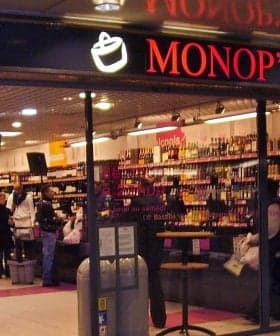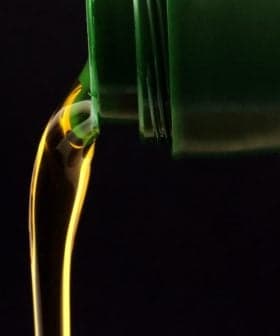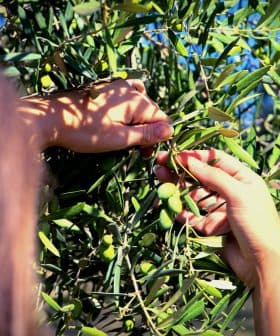Trade Group Sues 'Dr. Oz' for Statements About Imported Olive Oil
The suit filed today in Georgia by the trade group that represents the largest American importers and bottlers challenges Oz on what it calls his “false attacks” on imported olive oils.
 Dr. Oz
Dr. OzDr. Oz has been sued by the NAOOA for falsely claiming that 80 percent of extra virgin olive oil in U.S. supermarkets isn’t “real,” prompting the trade group to challenge his “false attacks” on imported olive oils in a lawsuit filed in Georgia. The NAOOA accuses Oz of making unsourced claims, relying on subjective tests, and failing to disclose conflicts of interest, while also highlighting the health benefits of olive oil that Oz’s statements may have discouraged consumers from utilizing.
The television physician known as Dr. Oz, who falsely declared to his millions of viewers that the best way to tell if olive oil was good or not was to see if it congealed in the refrigerator has been sued by the North American Olive Oil Association (NAOOA) for claiming during a show that aired last May that 80 percent of the extra virgin olive oil sold in U. S. supermarkets isn’t “real.”
His false and careless words have discouraged millions of people from using a product with scientifically demonstrated advantages.
The suit filed today in Georgia by the trade group that represents the largest American importers and bottlers challenges Oz on what it calls “false attacks” he made on the show that singled out imported olive oils, according to a press release. Specifically, the NAOOA said, the problems with Oz’s statements were:
- His 80 percent claim is patently false and completely unsourced;
- He relies on a subjective, taste-driven sensory test when only a scientific chemical laboratory test can determine if olive oil is pure; and
- Oz failed to disclose that his “expert,” Maia Hirschbein, was on the payroll of California Olive Ranch, which has a financial interest in promoting California olive oil and disparaging olive oil originating outside the state.
“Rigorous, peer-reviewed scientific research has consistently shown that all types of olive oil have significant health benefits, including reducing heart disease,” said Eryn Balch, executive vice president of the NAOOA. “This case is particularly troubling because in many previous controversies Dr. Oz has recommended products with no proven benefits, but in this case his false and careless words have discouraged millions of people from using a product with scientifically demonstrated advantages.” In 2013, Oz told viewers to test the quality of their olive oil by putting it in the refrigerator to see if it congealed. The method was soon debunked as a myth by researchers at the University of California at Davis Olive Center. Oz has frequently come under fire from his peers in the medical profession. A study published in the British Medical Journal on Oz’s medical advice found that more than half of his recommendations had no scientific support, or contradicted scientific evidence outright. In April 2015, a group of ten physicians from across the United States, including Henry Miller, a fellow in scientific philosophy and public policy at Stanford University’s Hoover Institute, sent a letter to Columbia University calling Oz’s faculty position unacceptable. They accused Oz of “an egregious lack of integrity by promoting quack treatments and cures in the interest of personal financial gain.” Georgia has food libel laws with a lower legal burden than traditional libel laws of other states making it easier for food companies to sue people who make disparaging remarks about their products. The lawsuit was filed in Fulton County Superior Court by the NAOOA. Additional named defendants include Entertainment Media Ventures Inc. d/b/a Oz Media and Zoco Productions LLC.









